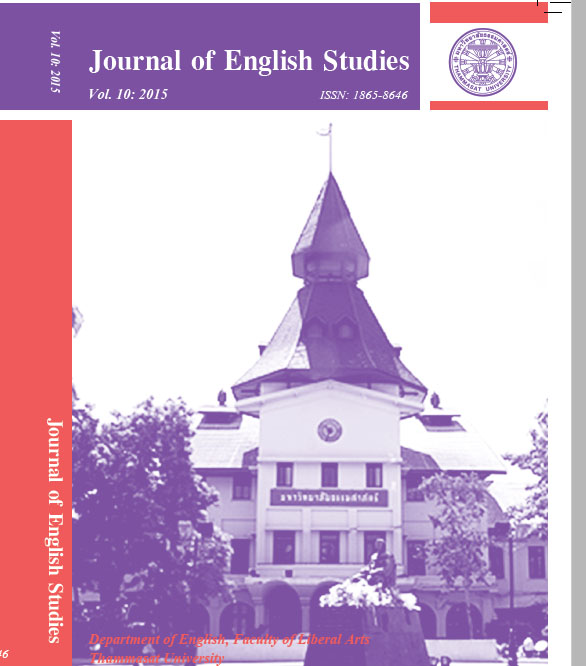City of Mirroring Glass Paul Auster’s Obscured Detective
Main Article Content
Abstract
This article explores Paul Auster’s novel City of Glass (1985)
in the context of the detective fiction genre. Against the backdrop of
his protagonists’ fractured subjectivity and the fluctuating and alienating
environment of the postmodern city, City of Glass deconstructs the
detective fiction genre and the associated principles of investigating
and solving crimes. Through a careful analysis of different elements,
the novel subverts and borrows from the classical whodunit; it more
generally explores the function and the place of the detective figure in
postmodern fiction. In his work, Auster calls into question the very
fundaments on which traditional detective fiction rests. This radical
disjunction between classic detective figures and Auster’s writer-detective
mirrors the fundamental shift from modernism to postmodernism and
the resulting disintegration of traditional forms of reasoning and narrative
modes. The terminology suggested to capture the multitude of Auster’s
reworking of crime fiction, as is one of the key claims of this article,
requires critical reassessment. Rather than following the general trend
of using “metaphysical”, “postmodern”, and “anti-detective” fiction
synonymously, this article suggests that each term points to a distinct
aspect of Auster’s original engagement with crime fiction.
Keywords: metaphysical/ postmodern/anti-detective fiction, Paul
Auster, New York Trilogy, City of Glass


